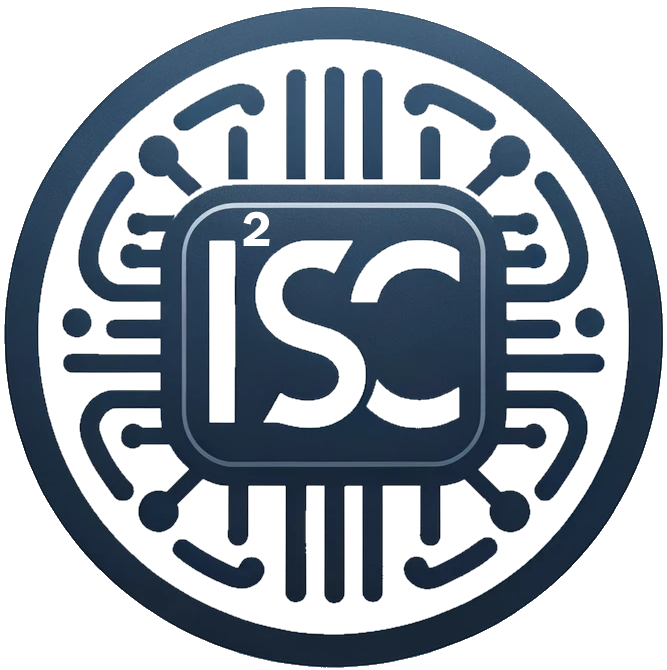-
Gobierno, Gestión y Calidad de la Inteligencia Artificial (digital edition)
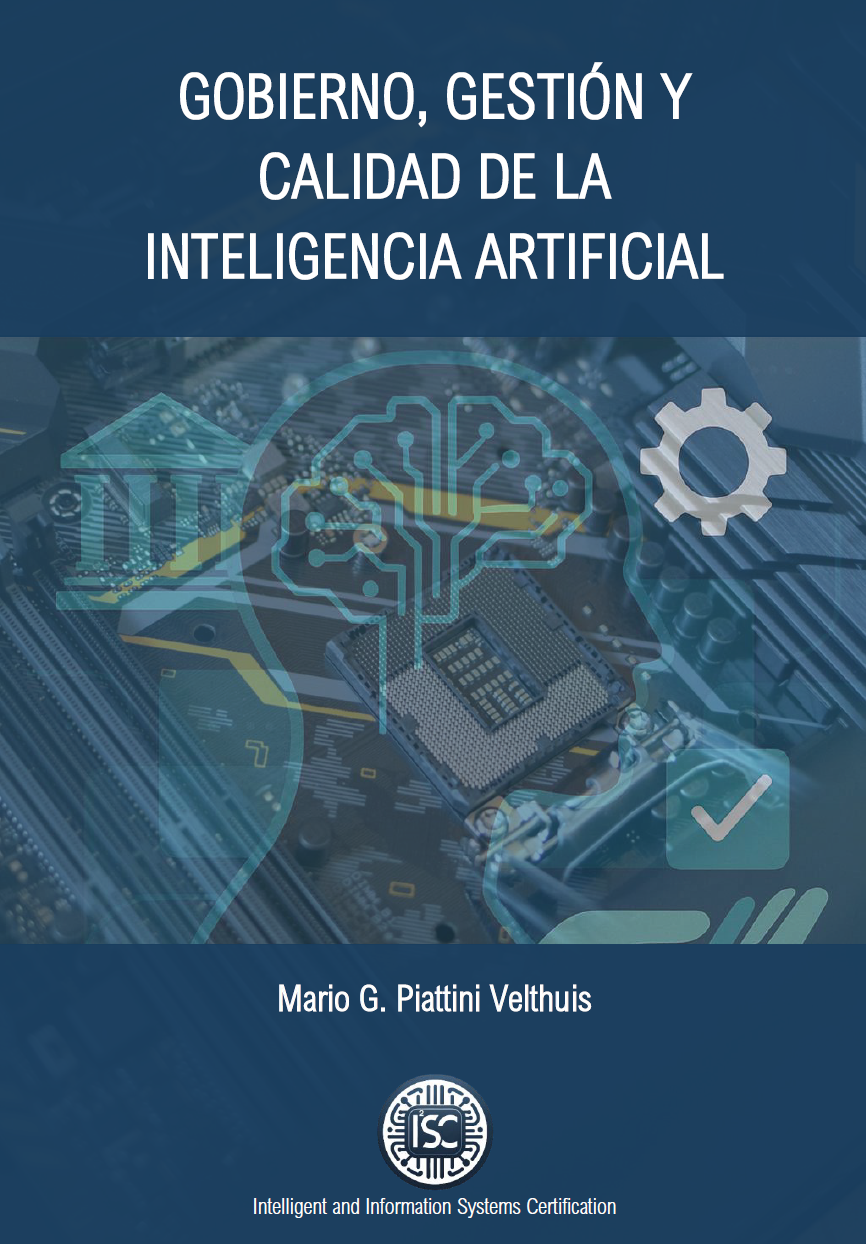
Author: Mario Piattini (October 2024)
This book provides an overview of the main standards and techniques for governing, managing and assuring the quality of intelligent systems, with no other aim than to provide a list of tools, so that the reader is aware of their existence and the scope they address.
From the good practices compiled in this book, we expect that organisations will be able to meet the challenges posed by AI by developing and deploying their own AI governance, quality and management systems in accordance with the most appropriate rights, ethical principles and engineering fundamentals.
You can now obtain your digital copy (PDF) completely free of charge here [Spanish].
-
An Artificial Intelligence Maturity Assessment Framework Based on International Standards
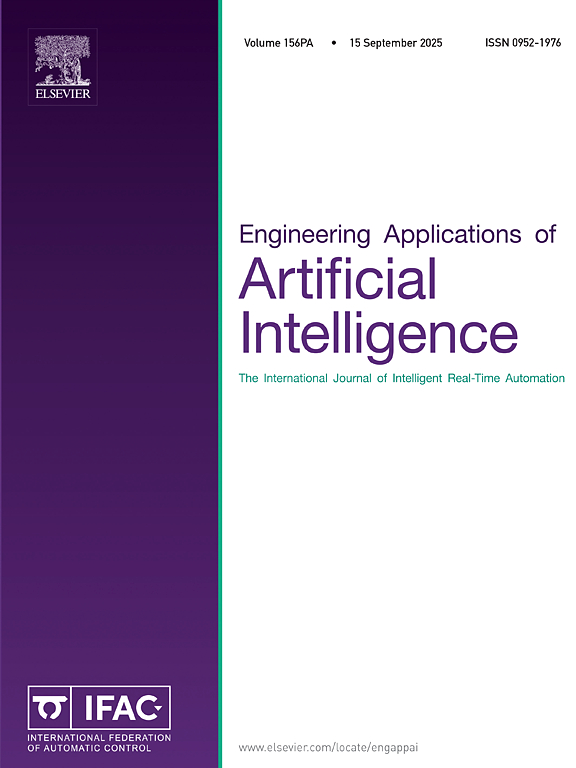
Authors: Rubén Márquez, Moisés Rodríguez, Javier Verdugo, Francisco P. Romero, Mario Piattini. Published in Engineering Applications of Artificial Intelligence, vol. 159 (November 2025)
This article presents MMSIA, the Artificial Intelligence Software Maturity Model defined by I2SC, which is based on the international standards ISO/IEC 5338 and the ISO/IEC 33000 family.
MMSIA enables organisations to have a model to assess their maturity, as well as to guide the implementation and continuous improvement of the AI system development lifecycle processes. This article describes the model and details the experience of its application in a pilot project.
You can read the article here.
-
ISO/IEC and UNE standards about AI
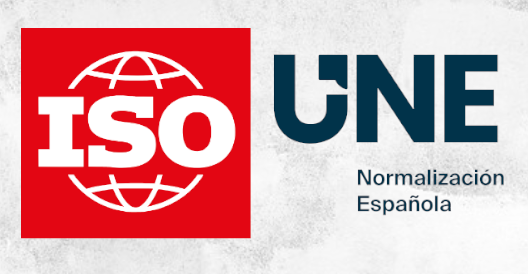
This document shows the list of ISO/IEC international standards (and also their UNE version where applicable) that are currently published, under development or planned. Last updated: 14/07/2025
You can consult the list here.
-
Modelo para el gobierno, gestión y calidad de la IA basado en estándares internacionales
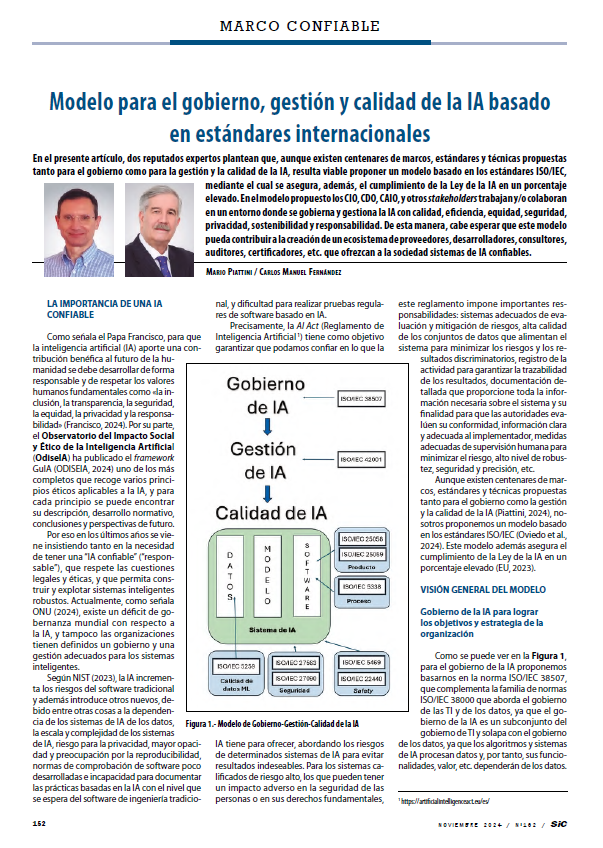
Authors: Mario Piattini, Carlos Manuel Fernández. Published in SIC, nº 162 (November 2024)
This article proposes a model based on ISO/IEC standards that lays the foundation for an AI governance and management environment with focus on quality, efficiency, fairness, security, privacy, sustainability and accountability. This model, oriented towards CIOs, CDOs, CAIOs, and other stakeholders, also ensures compliance with the AI Act at a high rate.
The authors expect that this model can contribute to the creation of an ecosystem of providers, developers, consultants, auditors, certifiers, etc. that offer reliable AI systems to society.
You can download the article here [Spanish].
-
Gobierno, Gestión y Calidad de la Inteligencia Artificial
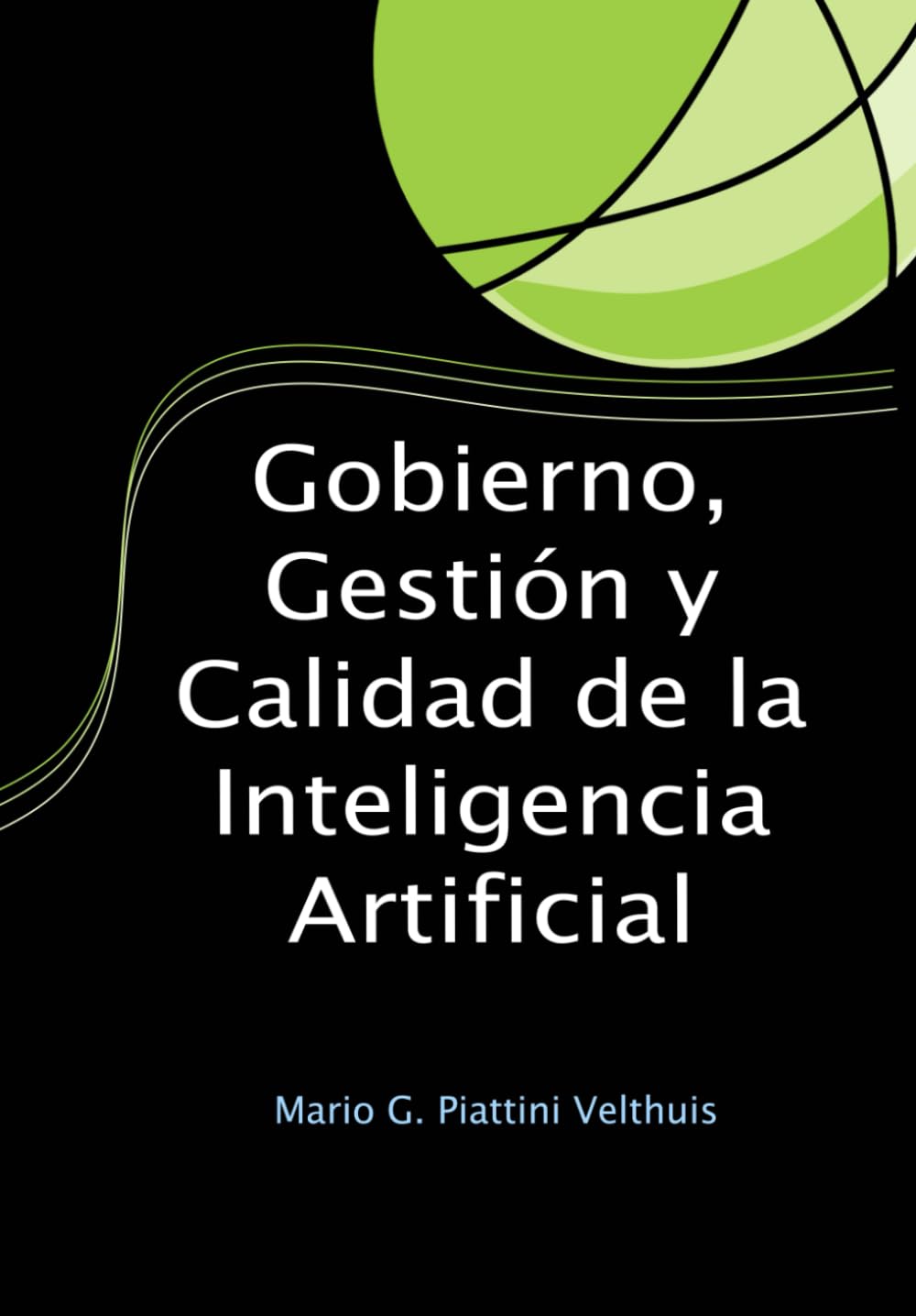
Author: Mario Piattini (October 2024)
This book provides an overview of the main standards and techniques for governing, managing and assuring the quality of intelligent systems, with no other aim than to provide a list of tools, so that the reader is aware of their existence and the scope they address.
From the good practices compiled in this book, we expect that organisations will be able to meet the challenges posed by AI by developing and deploying their own AI governance, quality and management systems in accordance with the most appropriate rights, ethical principles and engineering fundamentals.
You can buy the book here [Spanish].
-
ISO/IEC quality standards for AI engineering
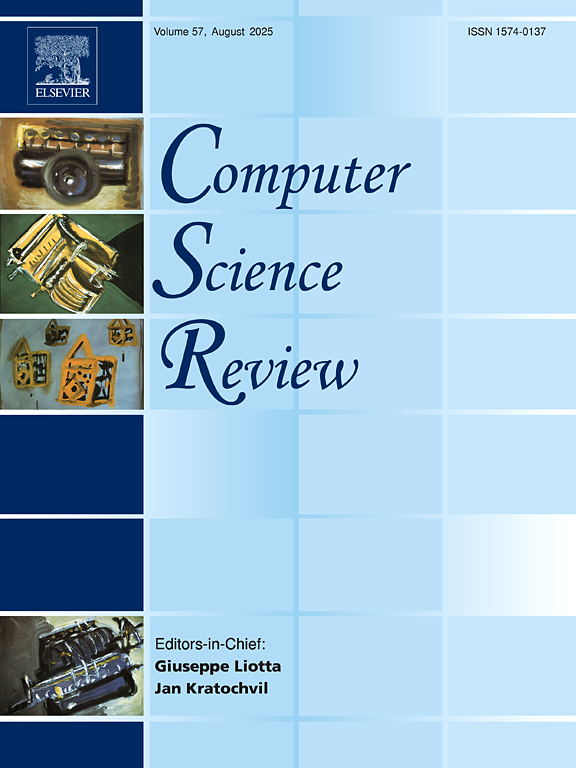
Authors: Jesús Oviedo, Moisés Rodriguez, Andrea Trenta, Dino Cannas, Domenico Natale, Mario Piattini. Published in Computer Science Review, vol. 54 (November 2024)
This article provides a comprehensive overview of the various existing international standards, with a particular focus on those defined by ISO/IEC, relating to the quality of Artificial Intelligence systems.
Thus, standards are addressed in different quality dimensions for this type of system: the quality of the software processes used in their development, the quality of the software products themselves, and the quality of the data in the applications that make up AI systems. The article also describes the various existing proposals for evaluating the quality of AI systems in relation to the above dimensions.
You can read the article via the following link.
-
Si no se regula la IA, se puede usar para malos fines

José Ángel Olivas' appearance on RNE 24 horas (29/03/2023).
Cientos de expertos a nivel mundial han firmado una carta en la que instan a hacer una pausa en el desarrollo de la inteligencia artificial (IA) hasta que se acuerde una regulación. José Ángel Olivas considera que es acertado, tanto desde el punto de vista de la seguridad como del rigor debido al riesgo por posibles sesgos en los datos de entrenamiento. Por ello, asegura que se requiere de regulación para evitar que se use con malos fines. «Solo debemos desarrollarlos cuando estemos seguros de que los riesgos van a ser manejables», afirma.
You can listen to the audio here [Spanish].
-
Inteligencia artificial, aprovechamiento inteligente de datos masivos usando Ingeniería del Conocimiento: Radicalización en redes sociales y consecuencias económicas de la pandemia
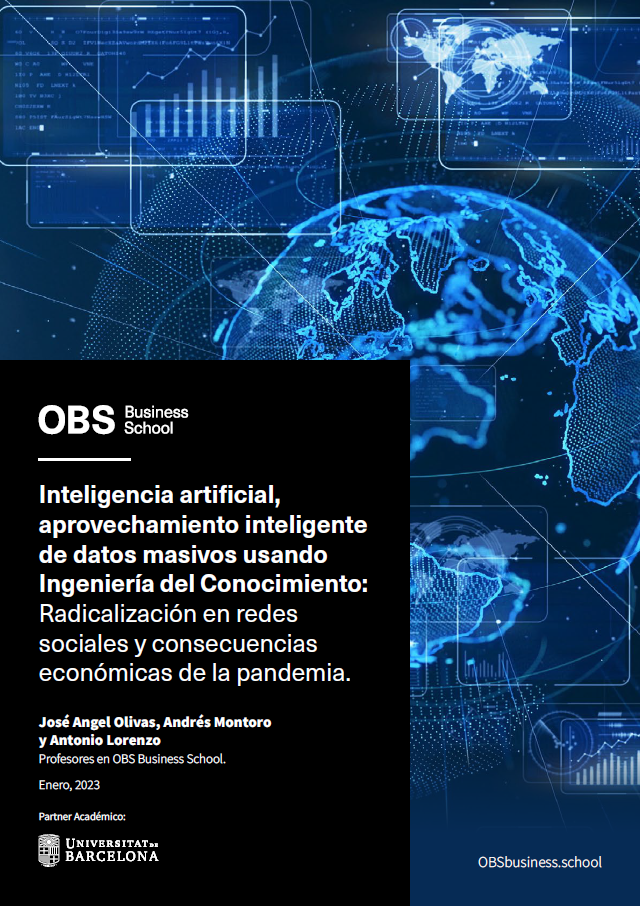
Authors: José Ángel Olivas, Andrés Montoro, Antonio Lorenzo. Report for OBS Business School (January 2023)
This report describes and proposes, within the field of artificial intelligence, the use of knowledge engineering models and other more “cognitive” and less “numerical” disciplines and technologies, such as Soft Computing, the semantic/linguistic approach to natural language processing, certain aspects of sociology and psychology, etc. Among other things, this is to make better intelligent use of the massive amounts of data available in many contexts in order to design systems that are more intelligent in the human sense and in terms of their performance than many of those that use only isolated numerical techniques.
You can download the report at this link [Spanish].
-
La Inteligencia Artificial: Que no te den datos por liebre

José Ángel Olivas' appearance on the programme Las cosas de Ana de RNE (29/01/2023).
We consider something to be objective and irrefutable if it is supported by data. Big decisions and the future are shaped by the idea that numbers don't lie. Big data and the growing phenomenon of Artificial Intelligence systems reinforce this. ‘Let's be serious,’ says Professor José Ángel Olivas, who has led a report on the intelligent use of AI, ‘and not see data as some kind of god that will provide us with absolute truth.’
You can listen to the podcast in this link [Spanish].
-
Inteligencia artificial, inteligencia computacional y análisis inteligente de datos
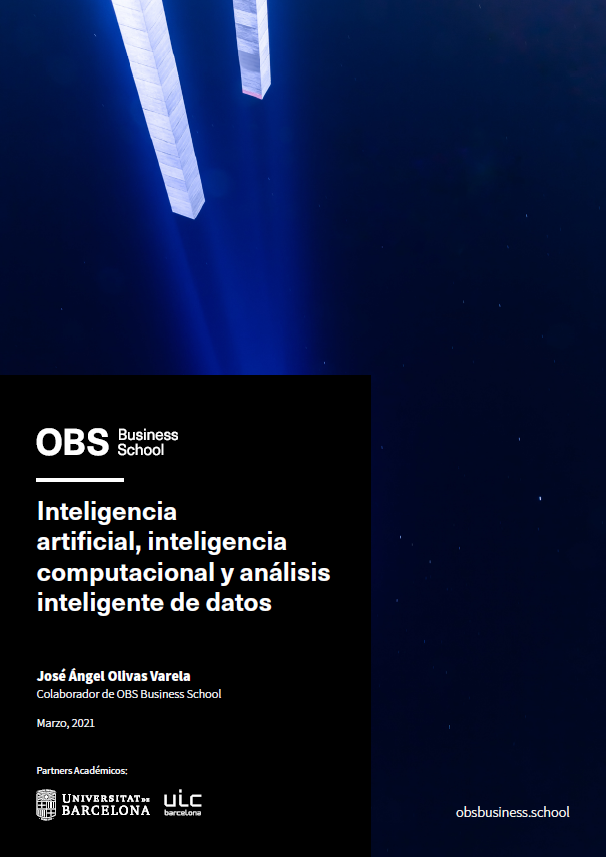
Author: José Ángel Olivas. Report for OBS Business School (MArch 2021)
Nowadays, it is common to hear artificial intelligence being discussed constantly in the media and other areas, in most cases linking it solely to data processing and analysis. However, if we rigorously analyse the origins and purpose of this discipline, we will see that this conception is a dangerous simplification that can lead to misunderstandings in society in general.
This research report attempts to clarify various concepts related to artificial intelligence and presents a map of the techniques and applications that are usually considered within this discipline, trying to differentiate as much as possible which ones should really be considered artificial intelligence (AI).
The report is available through this link.
